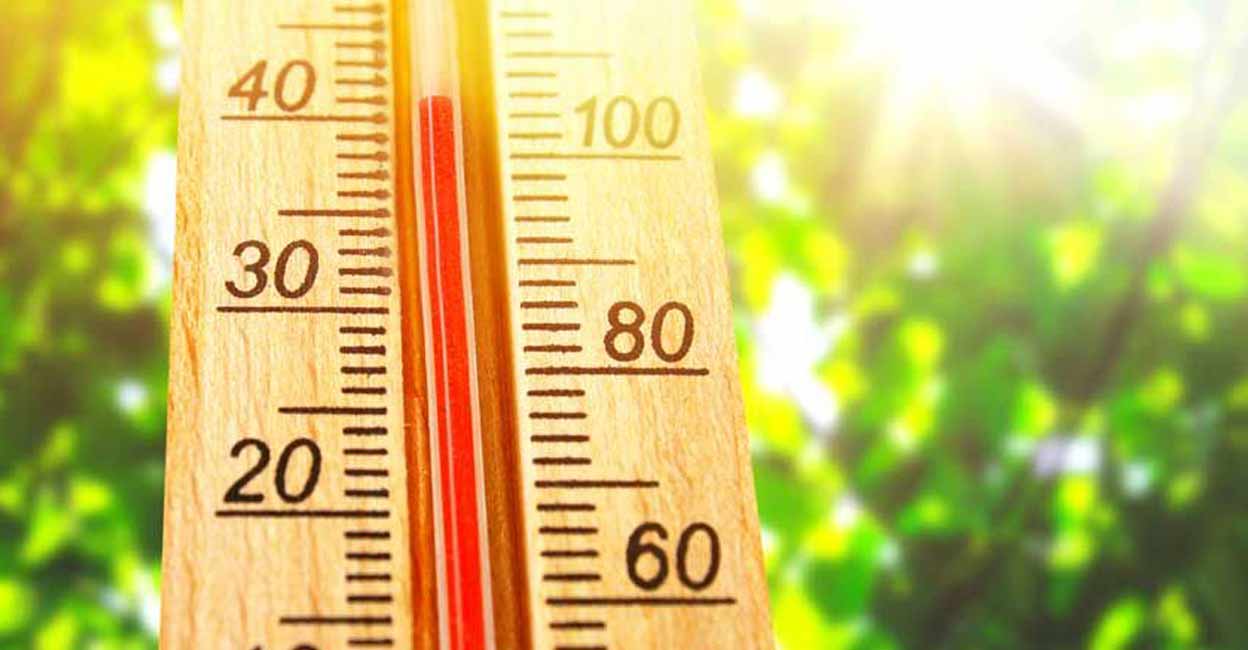Climate inflation? Global warming could lead to spikes in wheat prices

Climate change could lead to soaring wheat prices and more financial inequality among farmers, a new economic study warns. Using a new climate-wheat-economic model, an international research team estimates that a 3.6-degree Fahrenheit increase in global warming would lead to higher wheat yields — and also higher prices.
Farmers growing wheat in higher latitudes would see greater yields as CO2 fertilization would cancel out temperature stress on crops. However, farmers in lower latitudes would see smaller yields, which would drive up demand for imported wheat and therefore raise the price.
The findings by scientists from six countries are published in the journal One Earth. They suggest that, overall, global wheat prices would become higher and more frequent in a world that is 3.6 degrees warmer.
Previous researchers have found that lowering trade barriers and allowing wheat to move more freely could mitigate against this climate stress. The current authors believe this would reduce the economic burden on consumers, but it would have mixed results for farmers, lifting the income of wheat exporters but lowering that of importers.
“This counterintuitive result is initially driven by uneven impacts geographically. Wheat yields are projected to increase in high-latitude wheat exporting countries but show decreases in low-latitude wheat importing countries,” says lead author Zhang Tianyi, an agrometeorologist at the Institute of Atmospheric Physics, Chinese Academy of Sciences, in a media release.
“This leads to higher demand for international trade and higher consumer prices in the importing countries, which would deepen the traditional trade patterns between wheat importing and exporting countries,” adds co-author Karin van der Wiel, a climate scientist at the Royal Netherlands Meteorological Institute.
Zhang says that the more countries rely on wheat imports, the less self-sufficient they become, creating a vicious, negative cycle for less-developed countries in the long run. This would also make these countries even more dependent on wheat exporters.
“These results would potentially cause a larger income gap, creating a new economic inequality between wheat importing and exporting countries,” explains Wei Taoyuan, an economic scientist at the CICERO Center for International Climate Research.
“This study highlights that effective measures in trade liberalization policies are necessary to protect grain food industries in importing countries, support resilience, and enhance global food security under climate change,” concludes Frank Selten, a researcher at the Royal Netherlands Meteorological Institute.
Read also
Wheat in Southern Brazil Impacted by Dry Weather and Frosts
Oilseed Industry. Leaders and Strategies in the Times of a Great Change
Black Sea & Danube Region: Oilseed and Vegoil Markets Within Ongoing Transfor...
Serbia. The drought will cause extremely high losses for farmers this year
2023/24 Safrinha Corn in Brazil 91% Harvested
Write to us
Our manager will contact you soon



